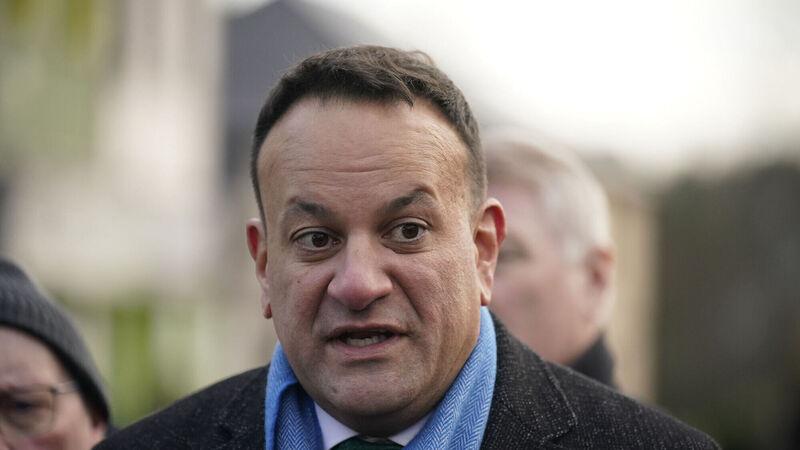Social welfare supports will increase annually, says Varadkar

Taoiseach Leo Varadkar said his Government will continue to improve pensions and welfare rates in the coming years provided the country can afford it. Picture: Niall Carson/PA
Pensioners and those on social welfare supports can expect annual increases in payments in the years ahead, Taoiseach Leo Varadkar has said.
All social welfare payments will jump by €12 per week from January under measures announced in the budget.














